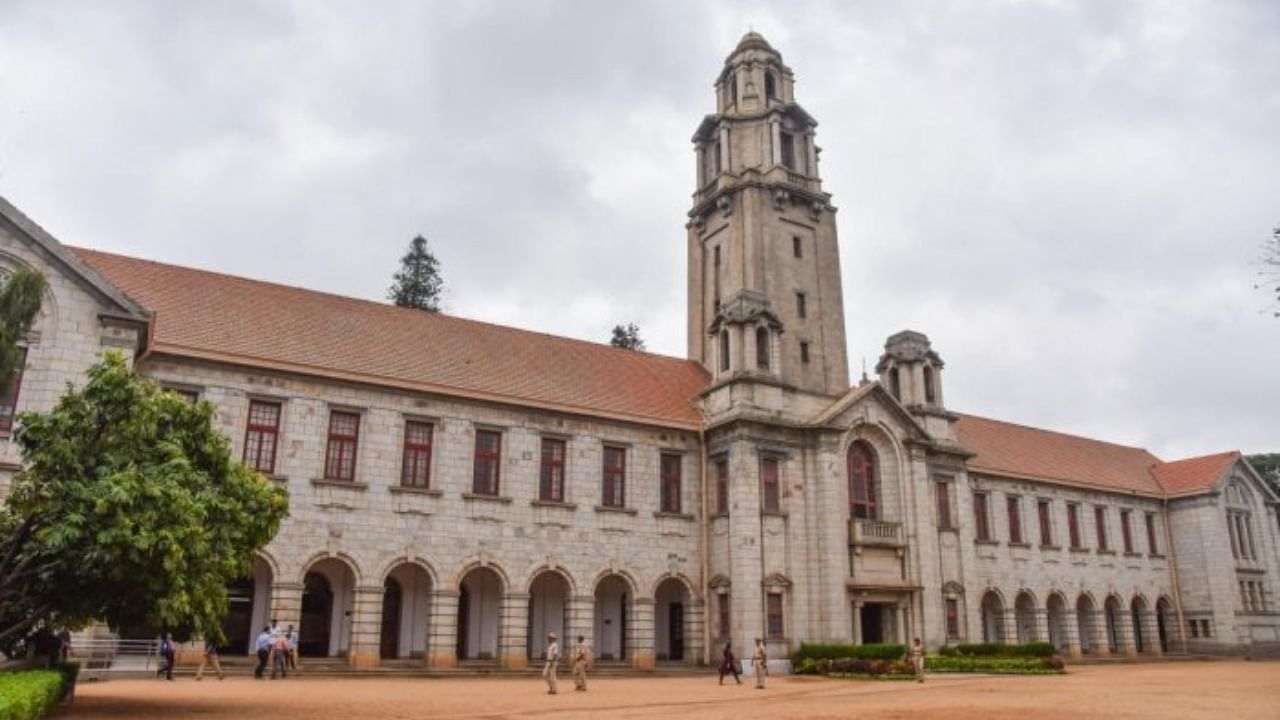
Around 550 scientists, academics and students have hit out at administrators of the Indian Institute of Science (IISc) over the denial of permission to organise an in-campus discussion on the Unlawful Activities (Prevention) Act.
The discussion, scheduled on June 28, was to be led by Natasha Narwal and Devangana Kalita, activists who were part of the movement against the Citizenship Amendment Act and were, in 2020, arrested under UAPA in connection with the Delhi riots conspiracy.
The campaigners said the event, originally planned as a talk at the Centre for Continuing Education (CCE) at IISc, was approved by the CCE Chair. Through an email to the students’ council dated June 27, the Registrar Capt Sridhar Warrier (Retd.), however, denied permission citing a lack of “prior administrative approval”.
Capt Warrier, in his email, also referred to “complaints raised from different quarters.” The Registrar was not available for comment. At the time of filing this report, IISc was yet to respond to an email sent by DH seeking an official clarification.
In a letter, the signatories urged the IISc Director to ensure that the members of the institute remain free to express and discuss ideas, “both about science, and about the society that we live in”. Scientists, academics and students from various institutions including the IISc, IITs, the Tata Institute of Fundamental Research, National Institute of Advanced Studies, Indian Institute of Astrophysics, Raman Research Institute, and Indian and international universities are signatories to the campaign.
The signatories said it was important for IISc members to hear about the activists’ experience and to reflect on the laws used to incarcerate them. In their letter, they said actions of the administration reflected poorly on IISc’s commitment to upholding academic freedom and democratic values. “They have damaged IISc’s reputation, both within the country and internationally,” they said.
Informal interaction
The student-organisers replaced the talk and hosted the activists in an informal interaction, near a food court in the campus. Prof Suvrat Raju, faculty at the International Centre for Theoretical Sciences (ICTS), Bengaluru – one of the signatories who was also present at the interaction – said members of the security team sent by the administrators also tried to stop the informal event.
“The security team members were taking photographs and making phone calls. Later, they tried to stop the interaction but they had to backtrack. The activists talked about various aspects of UAPA, including low conviction rates and pendency of trials, and related their personal experiences in prison. There was nothing controversial being discussed,” Prof Raju told DH.
Prof Prateek Sharma, a faculty at the IISc’s Department of Physics, said he was not planning to be at the event but decided to be a signatory to the campaign because “it was the right thing to do”.
“The event was planned as part of three talks. The first one at ICTS (on June 26) and another in the city (on June 29) passed without incident but the events at IISc were disturbing and unfortunate, since IISc is an important centre in India’s academic ecosystem,” Prof Raju said.